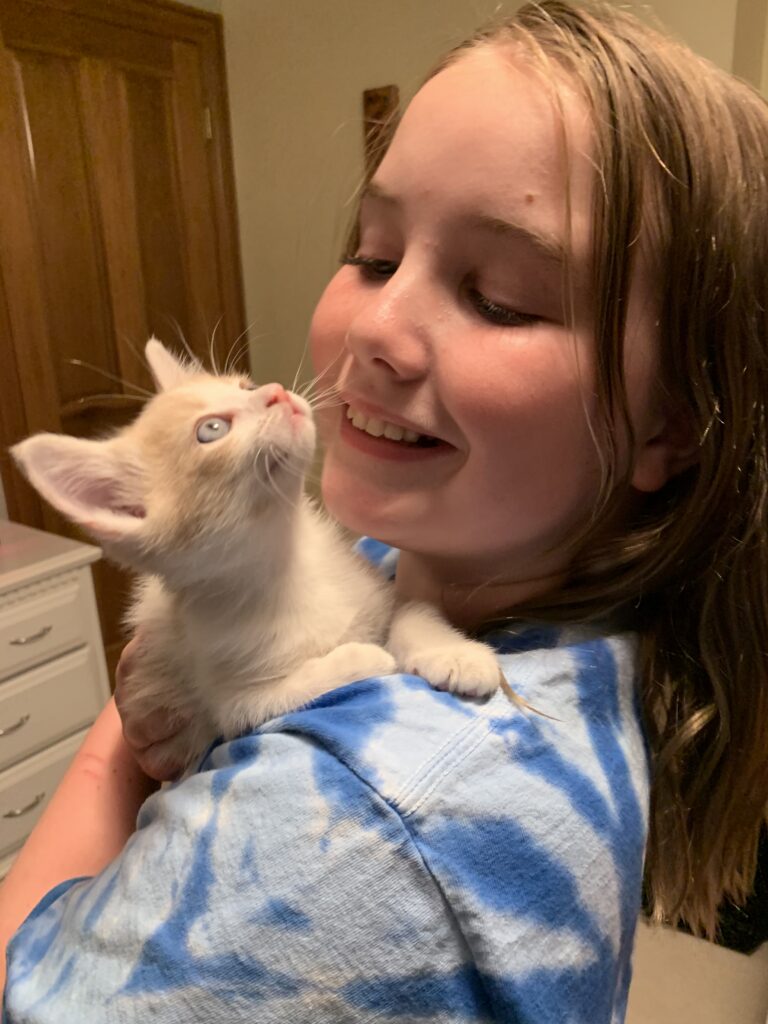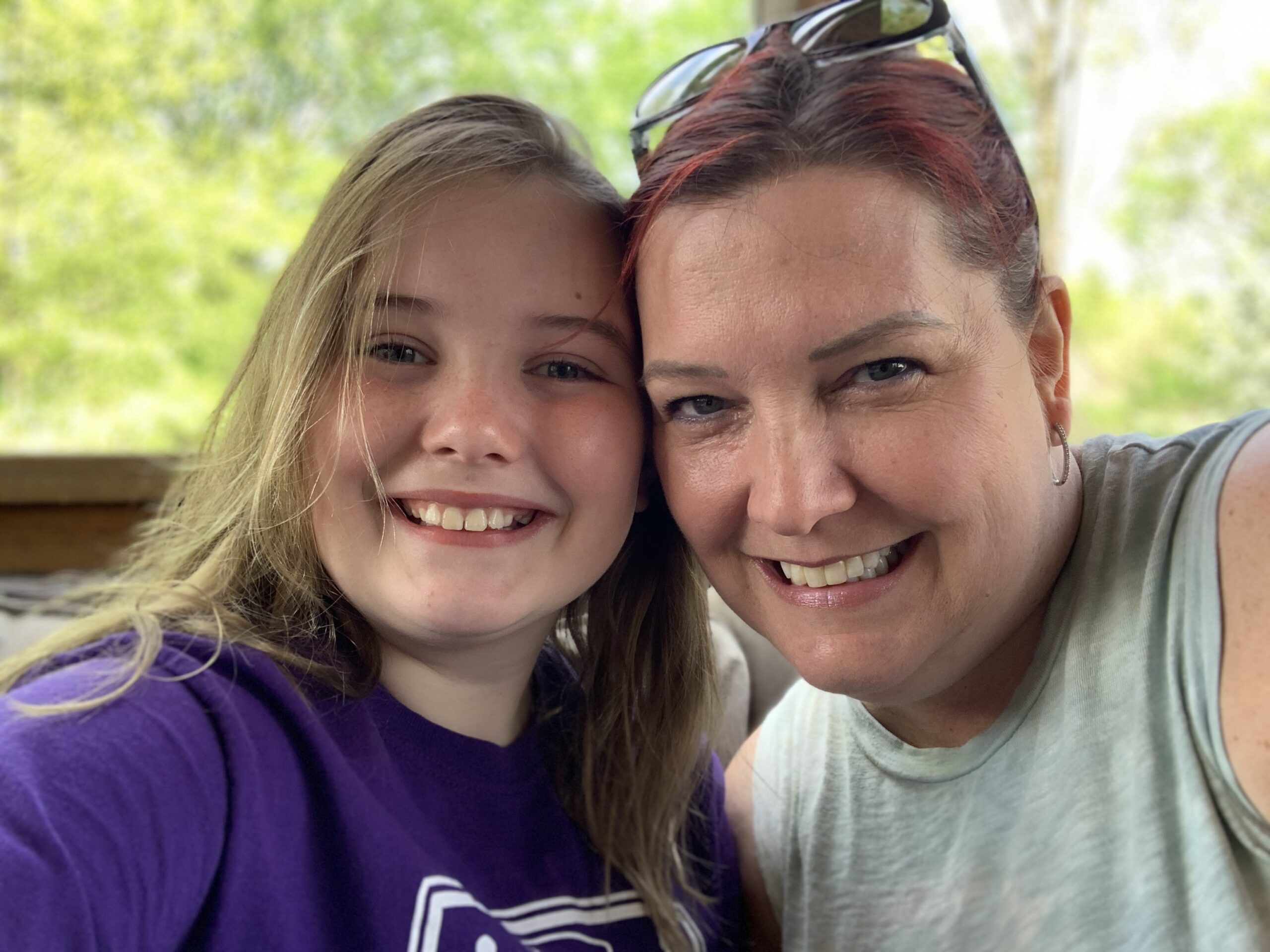
I’m sure every parent feels their child is special and unique, with a set of characteristics – mostly positive, a few not so great – that set her apart from all others.
This is certainly true for us, but imagine my surprise recently when I learned that our beloved girl is actually a “type” – and that some of her characteristics and traits we thought were truly unique are actually something she shares in common with about 15 to 20% of kids worldwide.
You see, our daughter is a highly sensitive child. This is not a diagnosis or disorder per se, and it’s nothing that needs to be treated or medicated. It’s a genetic brain type that results in some pretty unique personality traits, behavioral characteristics and gifts.
You can’t imagine how excited I was when I stumbled upon this online quiz for parents of highly sensitive kids. I showed it both E and Z, and we all agreed it sounded awfully familiar.
I then began reading The Highly Sensitive Child by Elaine Aron, PhD. I’m about a third of the way through, and it’s abundantly clear that this is most definitely our Z to a T.
I finally understand the root cause of many of Z’s unique gifts, strengths and yes… maybe even a few flaws.
Highly sensitive children are born with a nervous system that is highly aware and quick to react to stimuli. For years, we have struggled to understand why Z is so mature and reasonable most days, but also still has unbelievable meltdowns at times. Detractors may have called her dramatic, high-strung or emotional – and ALL of these are hallmarks of a highly sensitive child.
As I’m learning from Dr. Aron’s book, highly sensitive people‘s brains are literally wired differently from the rest of us. They have extraordinarily compassionate and discerning minds, but can also become overloaded or overwhelmed easily. When they do, meltdowns may occur.
Knowing about highly sensitive children and adults helps me so much as a parent, because now I have tools that work with her unique strengths and can better help her grow and develop.
I feel like I was parenting in the dark, to some degree, before learning this about her wonderful, unique brain. So much makes sense now; from her infancy until today, many of the traits and behaviors that have impressed or perplexed us are characteristics of highly sensitive children.
If your child is unusually perceptive, sensitive to even the smallest changes, tends to enjoy quiet play more than big and noisy groups, full of empathy and compassion, and is incredibly intuitive about the world around him or her, then you too may be raising a highly sensitive child.
The more I read Dr. Aron’s book, the more I believe that this world would be a far better place if there were more highly sensitive people in it. I am in awe of the way their brains work and look forward to reading and learning more about highly sensitive children (HSCs) and people (HSPs).
Are you the parent of a highly sensitive child, or are you a highly sensitive person yourself? If so, I’d love to hear from you in the comments below or over on Facebook!
And speaking of Facebook, I’ve found some wonderful parenting groups for parents of HSCs so let me know if you’d like those links.




Comments
Comments are closed.